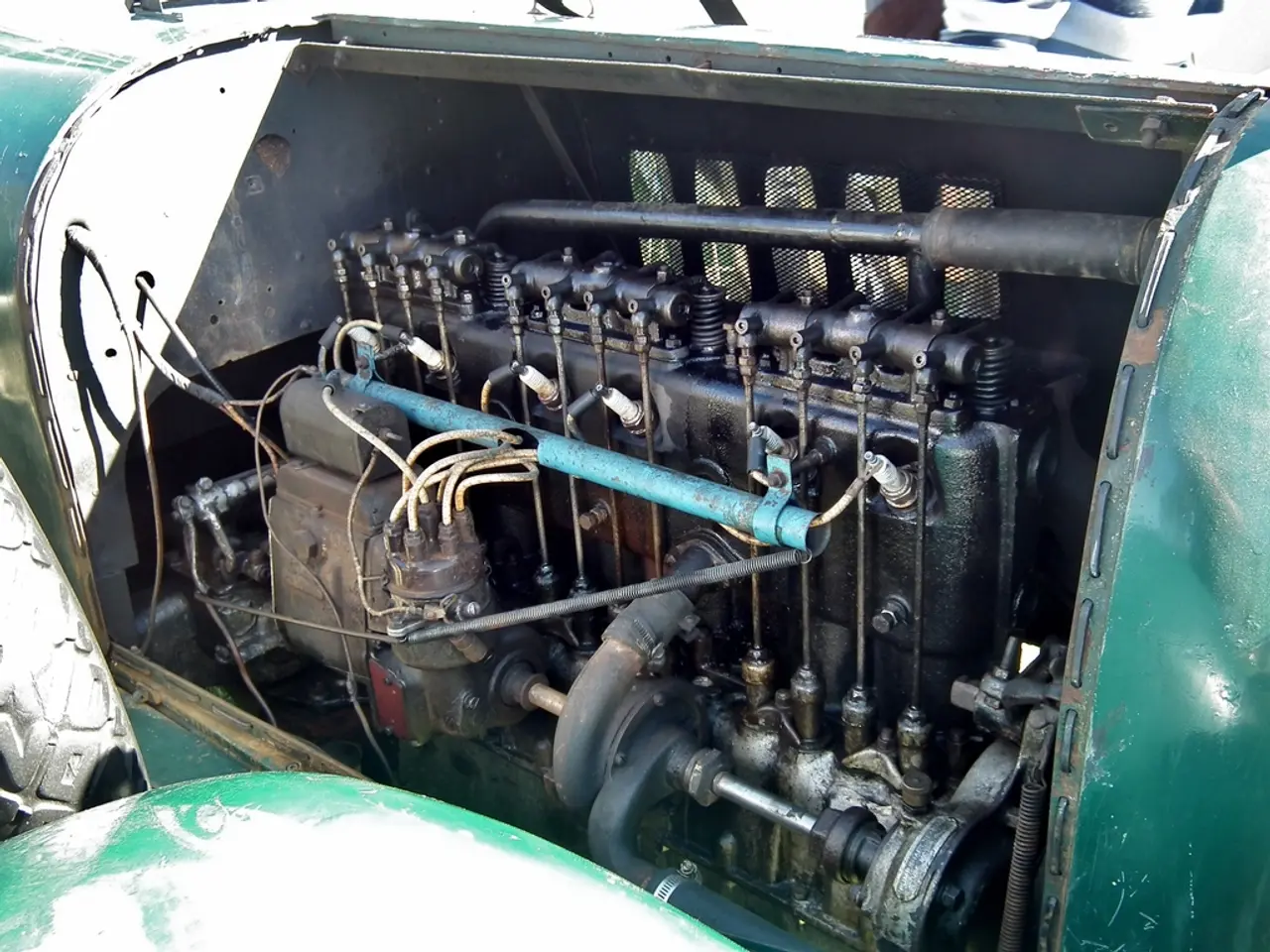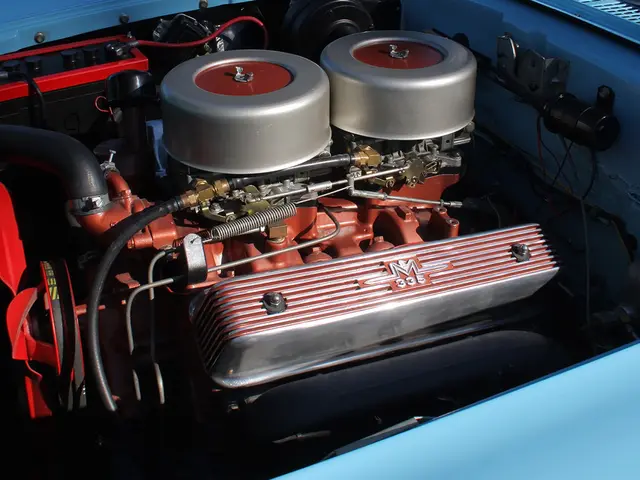Jaguar Land Rover's £30M TRANSCEND Project Aims to Revolutionise Powertrain Production
Jaguar Land Rover (JLR) is set to revolutionise its powertrain production with the £30 million TRANSCEND project, part-funded by Innovate UK. The project aims to rebuild the UK's transmission production, with outputs for the new four-cylinder petrol Ingenium engines expected to reach 200bhp, 250bhp, and 300bhp. The new engines will be available from the new year, but the production viability of the TRANSCEND transmission remains unclear.
The TRANSCEND research project seeks to develop a new automatic transmission with an ultra-wide ratio of 20:1 and a low range gearbox featuring dual-clutch and hybrid technology. The new 2.0 litre petrol Ingenium engine, already in production at JLR's new engine plant, is 25% more powerful and 15% more economical than its predecessors. The TRANSCEND transmission is expected to weigh 20kg less than current eight-speed autos and be suitable for both four-wheel drive and rear-wheel drive vehicles.
JLR, known for its work on electric drives and innovative vehicle architectures, has not officially announced a 'TRANSCEND' transmission. Recent innovations have focused on electrification and hybrid systems, with no specific mention of a 'TRANSCEND' transmission in industry news, JLR press releases, or specialist publications (as of October 2025).
While the new petrol Ingenium engines are expected to hit the market in the new year, the production timeline for the TRANSCEND transmission remains uncertain. The project, aiming to develop a lighter, more efficient transmission with advanced technology, could significantly enhance JLR's powertrain offerings. Further updates are awaited from JLR regarding the TRANSCEND transmission.
Read also:
- BYD Commences Production at Hungarian Factory This Year, Plans to Launch 1-Megawatt Ultra-Fast Chargers Across Europe in 2026
- The Developmental Journey of Digital Supply Chains
- In the Heart of Soho, Manhattan, a New Brewery Emerges Underground
- BMW initiates the assembly of electric vehicles at its Debrecen plant come late October.








